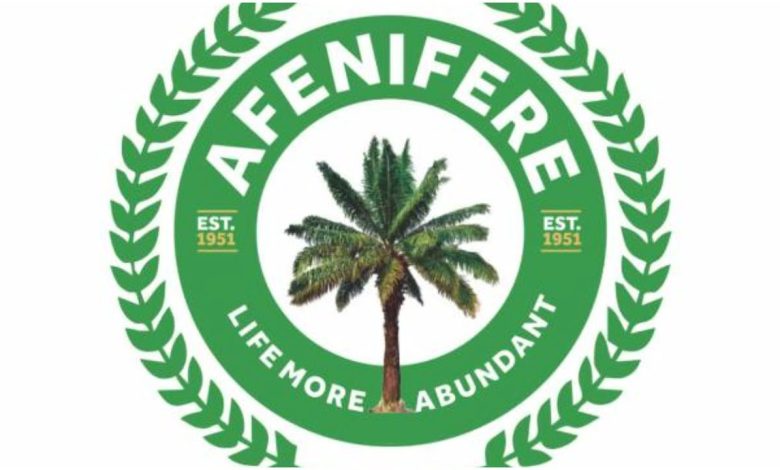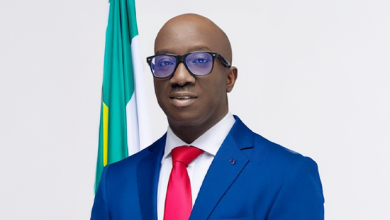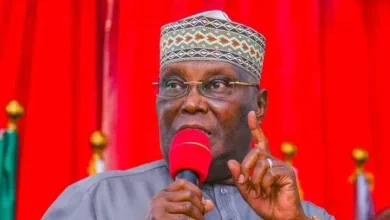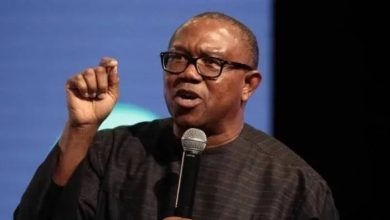Constitutional Review: UK Afenifere Pushes for New Charter Rooted in True Federalism

As Nigeria’s constitutional review draws closer to its December 2025 deadline, the Afenifere Group in the United Kingdom and Europe, often known as UK Afenifere, has urged Nigerians to demand a new constitution that reflects true federalism throughout the nation.
A number of bills were brought before the National Assembly for discussion, which led to the conclusion that a constitutional review was required. Electoral reforms, state creation, local government autonomy, judiciary overhaul, and security restructuring—particularly the creation of a State Security Council and State Police—are among the bills.
Legislators stated that the process of constitutional revision is about influencing Nigeria’s destiny, not just revising a document.
The group argued that despite the introduction of technology, Nigeria has not made significant strides or had an impact on its inhabitants since the 1999 Constitution was adopted, according to a press release released on Wednesday, July 16, 2025, by UK Afenifere Secretary Engr. Anthony Ajayi. According to the group, the nation is already in a state of quagmire and its citizens need a new constitution rather than ongoing amendments that don’t directly benefit them.
The organization claims that the 1999 Constitution, as amended, has led to corruption and insecurity, depriving the Nigerian people of the opportunity to enjoy good governance. It further claims that Nigerian politicians have been using the constitution as a cover to carry out evil deeds against the Nigerian people without consequence.
Over the years, we have been pushing for Nigeria’s restructuring, much like others who have demanded a national conference or referendum to resolve our issues. In light of the current situation, however, Nigeria requires a constitution that will serve the interests of the people above those of the politicians.
We must not tolerate behaviors that hinder our growth, undercut our potential, and make fun of our shared sensibility.
“Without oil money, the Western region, led by Chief Obafemi Awolowo, built a number of roads, farm settlements, industrial estates, the first TV station in Africa, and the tallest building in Nigeria at the time. It also used capitation tax and revenue from mining and agriculture to fund free education for over 800,000 students, while still donating half of its mining and mineral earnings to the federal government and other regions.”
Read Also: Beyond Buhari: The Quest to Control His 12 Million Supporters
The collective wisdom of some of our notable leaders, such as former President Olusegun Obasanjo, former President Goodluck Jonathan, Professor Woke Soyinka, and Pa Reuben Fasoranti, among others, suggests that Nigeria needs a new constitution that empowers Nigerians, fortifies institutions, encourages electoral justice, safeguards the rights of minorities, and permits broad-based development at all levels. These leaders have often pointed to the 1999 Constitution, which opposes federalism and is characterized as unitary, as the source of Nigeria’s problems.
We agreed with Olawale Okunniyi when he stated that the 1999 Constitution, which was ratified during the final years of military rule without much public input, has long been criticized for solidifying a unitary system that stifles federalism, threatens local governance, and ignores Nigeria’s multiethnic, pluralistic reality.
From widespread youth unemployment, poor public service delivery, and systemic insecurity to weak institutions, unequal resource distribution, and economic centralization, constitutional dysfunction is at the heart of many of Nigeria’s enduring problems.
Therefore, we urged every Nigerian to demand a new constitution that guarantees real federalism, which is frequently thought of as the best form of administration for nations with significant ethnocultural diversity. The UK Afenifere stated that this was the same idea that our forefathers, Chief Obafemi Awolowo, Nnamdi Azikiwe, Tafawa Balewa, and numerous others employed in the growth of their area.





